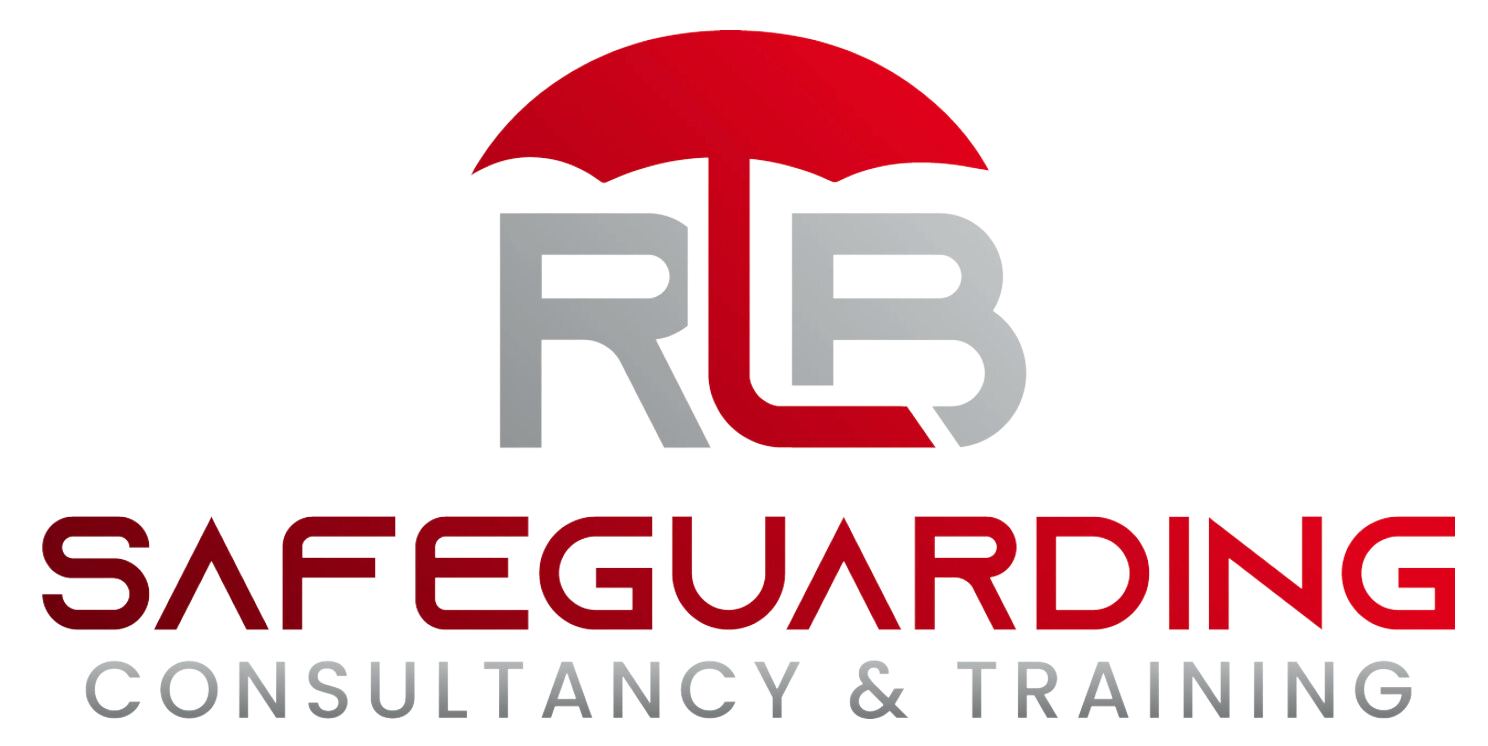Safeguarding Adults- Top Tips
Today marks the start of this years #safeguardingadultsweek which has been driven by the remarkable Ann Craft Trust.
It's a time to really focus and create further awareness of such an important and sometimes overlooked topic, particularly when considering 'support needs' and what this means for adults who do not have a disability or care needs.
At RLB Safeguarding, this is our everyday business. RLB would like to take this opportunity to give kudos and great respect to the organisations that support adults at risk and the corporate industries that have really gone above and beyond in protecting their employees as adults.
There has been a shift, an interest, some action now and it really does show!
Many do so by using the 5 R's of Safeguarding which is a universal term used in the safeguarding field.
Recognise- signs and symptoms
Respond- your may need to respond to the disclosure or incident
Record- it must be written down and all information captured
Report- Does it need reporting to someone?
Refer- You may need to refer the person to a service or for support.
Here are some of our RLB Top Tips to consider for #adultsafeguarding
Consider what legislation is relevant to your organisation- Could it be the care needs of the individuals or groups you support? Is it your employees or adult apprentices?
Ensure you then develop robust safeguarding policies and procedures that are communicated throughout the organisation and to all appropriate stakeholders.
Help people to understand what is meant by safeguarding by educating them on risks and how to keep themselves safe. Good training is key!
Understand how mental health can link to safeguarding.
What are the presenting or potential risks for the adults you are working with?
Help people to understand how to recognise signs of abuse, neglect, and exploitation.
Consider hybrid or remote working and online safety measures.
Understand that adults can become vulnerable or at risk at any point in their lives when being abused, neglected, or exploited.
Understand your duty of care that 'safeguarding is everyone's responsibility.'
Continue to review your arrangements to see if they are effective!
If you are unsure where to start then why not contact us at RLB for a free consultation?
Click the Contact us page and submit your details and we will get back to you to arrange!
